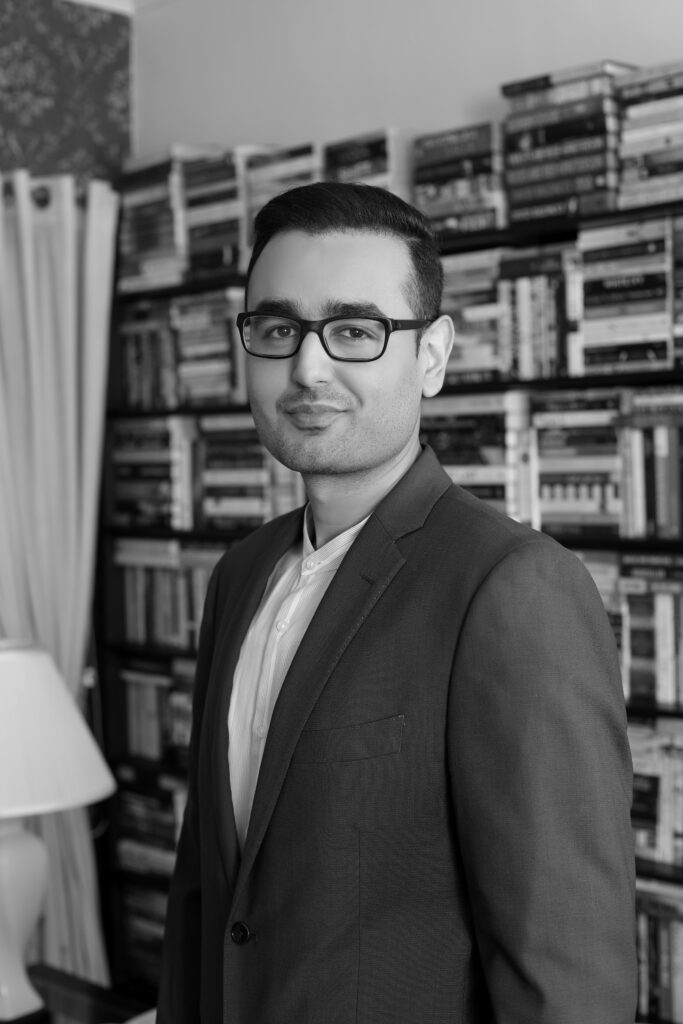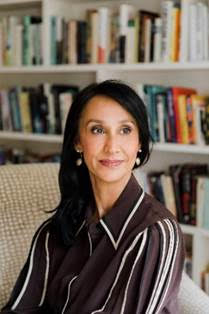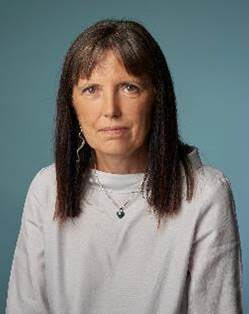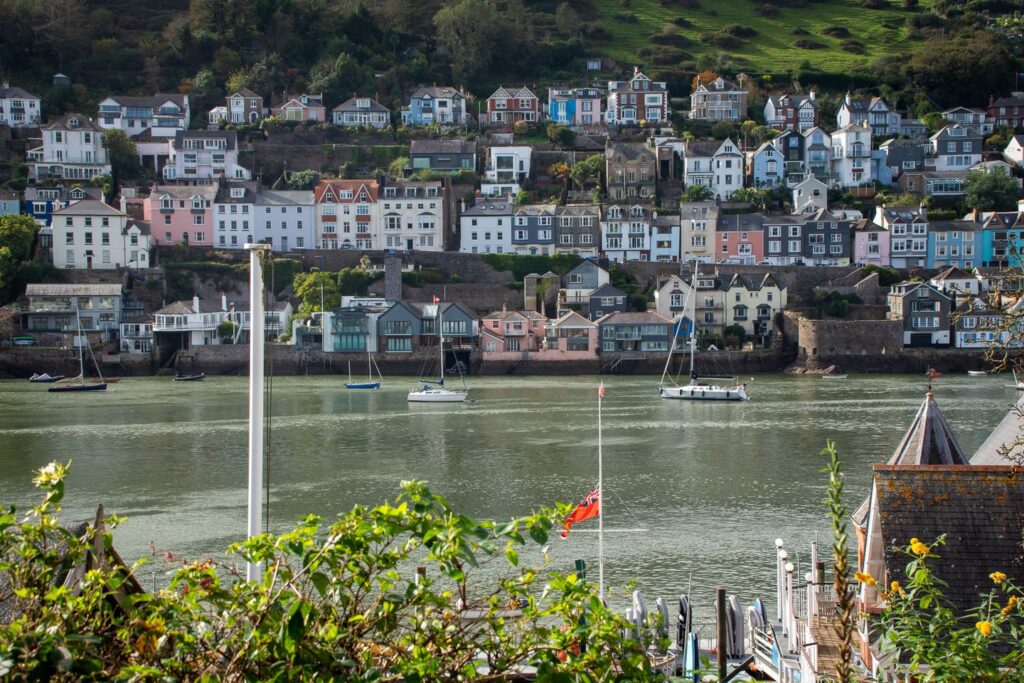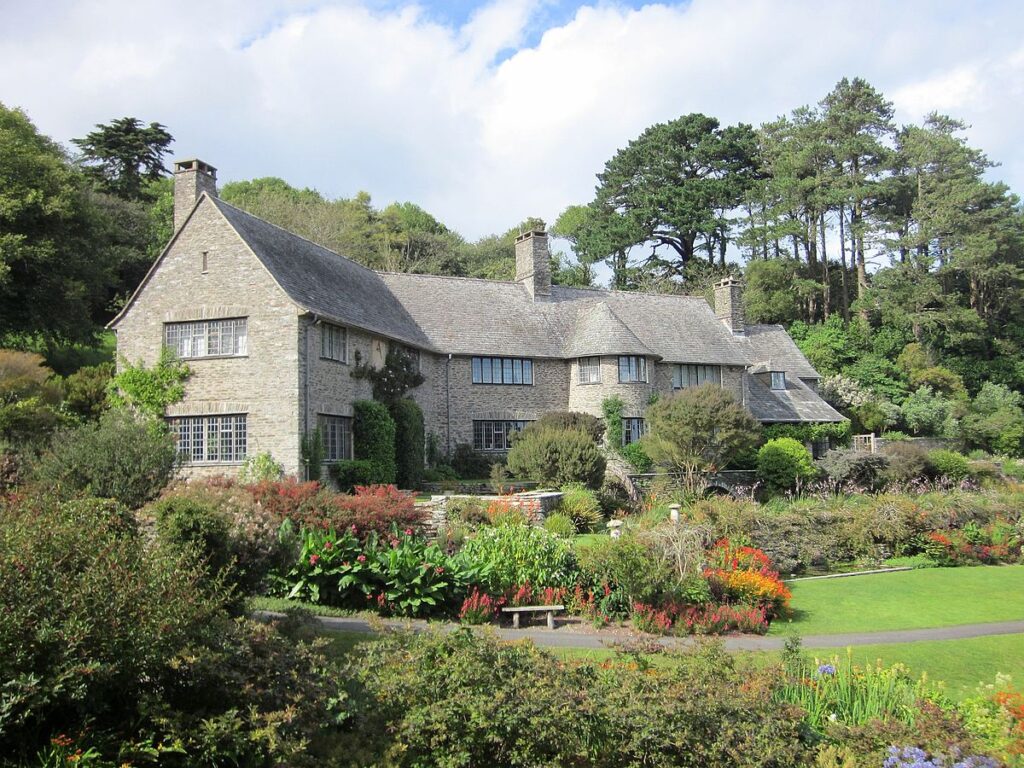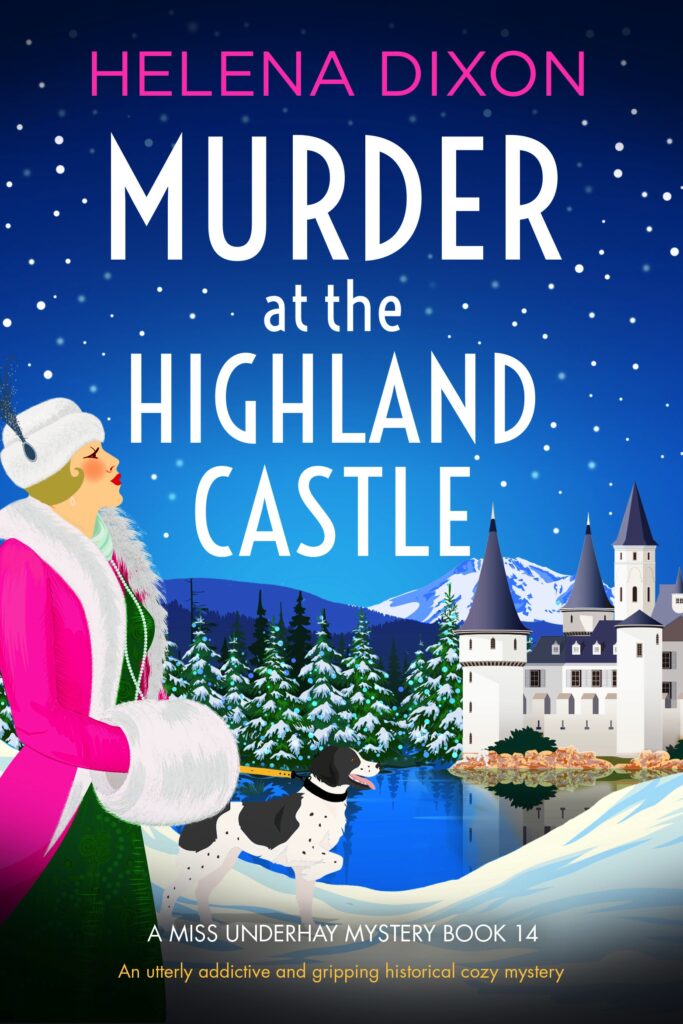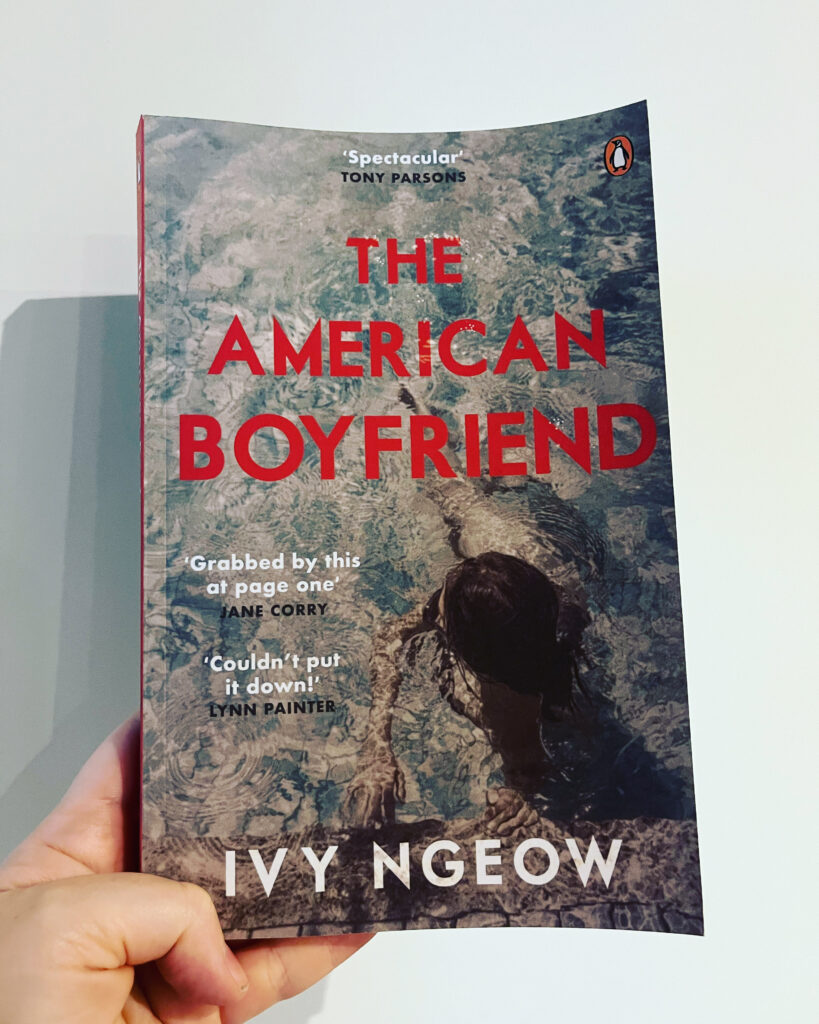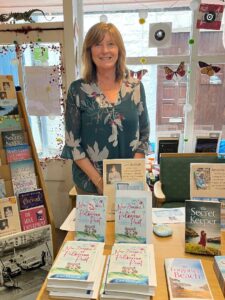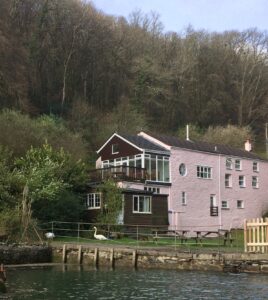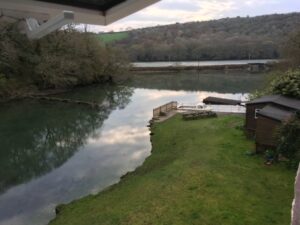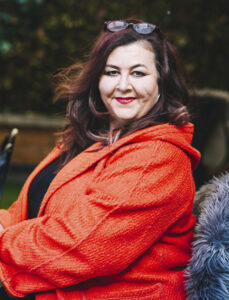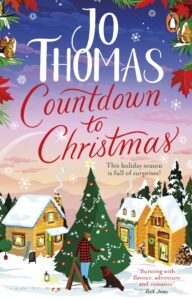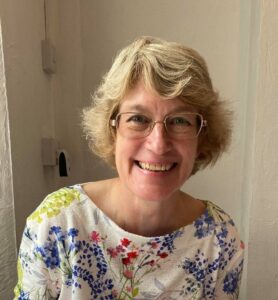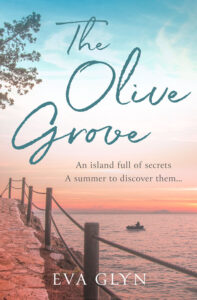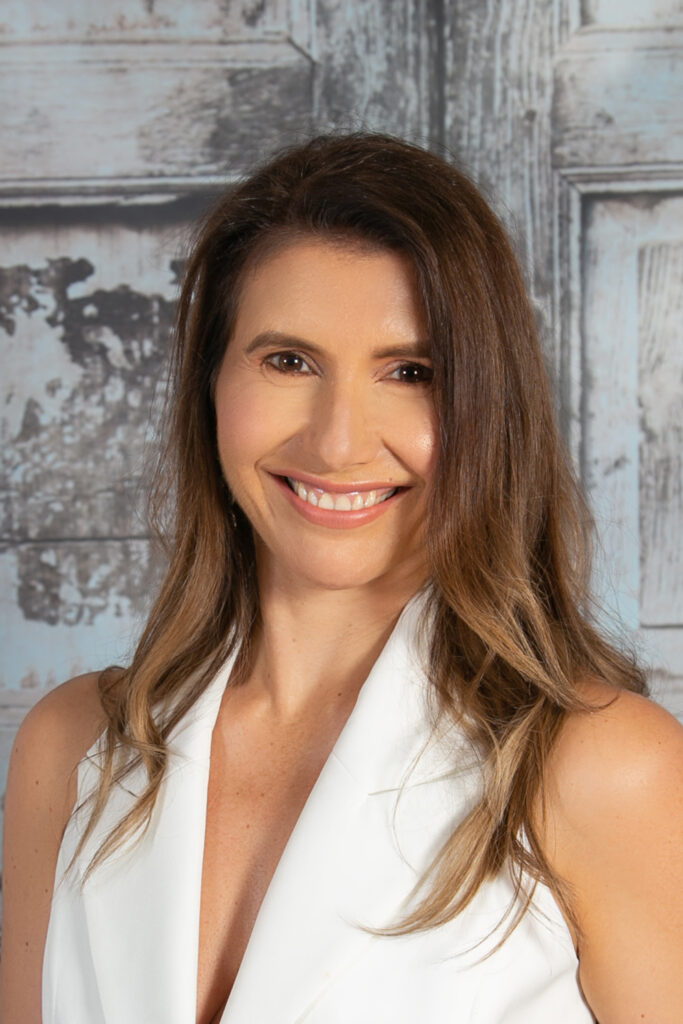
I’m fascinated (and impressed!) by your many high-flying careers. You have been a pro tennis player and a lawyer before becoming a writer. Would you say you’re a Type A person?
That’s very kind, thank you! I would say I’m a mixture of Type A and B! I am a naturally competitive, driven and disciplined person. I enjoy working hard and putting a hundred per cent into whatever I do. That’s the good side to being Type A! On the downside, I can put a lot of pressure on myself and find it hard to switch off which I know isn’t great for my health and stress levels! Having said that, Type B people are known for their creativity and for being good listeners as well as being quite shy, which fits my personality too, and which is why I never really enjoyed law which was ultimately too dry for me, as well as being the type of cutthroat environment in which the more vocal, pushy personalities tend to flourish!
2. How do you think your past careers influenced your writing?
Although things didn’t work out for me with both tennis and law, both experiences gave me valuable life experience. All writers are great observers of the world around them, and I truly believe the more life experience you have the more authentic and rounded your writing can become, and that you willbe influenced by the people and situations you encounter, even if subconsciously. Both careers made me a stronger, more disciplined, resilient and focused person, which is what you need to be if you’re going to succeed as a writer. I had to be very disciplined playing tennis, and I feel this has helped with my writing in managing my time and making deadlines. The same goes for law which requires a methodical, organised approach and rigorous attention to detail, all of which are necessary traits in crime writing. My first two books in my Kramer & Carver thriller series – The Scribe and The Abduction – are set in the legal world, and Idefinitely drew inspiration for these from my time working in that environment, in terms of the setting, the legal aspects, the culture and the characters! Although I never practised criminal law, The Scribe is largely inspired by my time as a law student at the then London College of Law where I studied and took exams in seven legal subjects, including crime. These subjects form a crucial part of the plot, with the murderer killing in line with a pattern corresponding with the legal syllabus. Also, although none of my books feature characters based solely on any of the people I came across whilst playing tennis or practising law, there’s no doubt I’ve drawn inspiration from some of them. I tend to write about the darker side of human nature, and I definitely came across some of life’s more ruthless, dubious characters both as a tennis player and a lawyer!
3. Can you tell us about your publication journey?
My journey was not unlike that of most writers: long, arduous, at times soul-destroying, but ultimately rewarding! I started writing in 2010, andended up self-publishing a couple of women’s fiction novels in 2012/2013 having had no luck getting an agent. It took me five years to get my agent, Annette Crossland (in that time I had a rather upsetting agent experience which very nearly broke me!), and then another three years to get my first publisher, Lume Books. This, despite working non-stop on my books for eight years, editing and refining them until I practically knew them off by heart and had almost given up hope they’d ever see the light of day. I’ve faced a lot of rejection over the years, come close to offers from several of the big five publishers (which can sometimes be more heart-breaking than a straight ‘no’) and shed numerous tears during that time. But I kept going, kept honing and refining my books, hoping that one day I’d catch a break. I know that my story is no different to hundreds, if not thousands of authors out there. Writing is a tough, competitive business, and you need a thick skin to cope with the inevitable setbacks you will encounter along the way. The overnight successes are few and far between and you can’t let the turndowns get to you.Being a highly subjective industry, with so many variables, getting a publishing deal is akin to winning the lottery! When my Kramer and Carver books were published in 2019, nine years after I first started writing, it was such a great feeling knowing my work was finally out there being read! Then, in February 2021 I signed a deal for two psychological thrillers with Hera Books, and I suppose you could call the first of those – She’s Mine – my breakout book. It’s funny to think it was the eighth book I’d written (back in 2017) in all the time I was trying to get published, and took three years of submitting to get picked up. I am so grateful to Keshini Naidoo for loving She’s Mine and having faith in me. Hera have been fantastic to work with, and I suppose having struggled for so long to get my foot in the door it made me appreciate even more the incredible opportunity to work with such a phenomenal editor like Keshini. Having struggled for so long, it’s also rather incredible to think I have just finished my fifth psychological thriller for Hera, and for this I owe so much to my agent, Annette Crossland, who never stopped believing in me. Her support really kept me going through the ups and downs, as did immersing myself in my writing. I’d strongly advise all aspiring authors to start the next book when on submission. Like any skill, the more you write, the better you become at your craft, and you never know, the next book you write may just be the one that gets picked up. Writing also helps you to stop constantly checking the inbox for that magic ‘yes’!
4. You have written a lot of books. Which one is your favourite?
I would have to say that of all seven, Under Her Roof is my favourite so far, closely followed by She’s Mine. I think She’s Mine is unique in the way it is written from nine perspectives – which is quite a tricky thing to manage (!) and I’m quite proud of the twists, especially the end twist which no one has guessed so far. I suppose Under Her Roof tips the balance because of the creepy, claustrophobic vibe I’ve hopefully managed to generate, and which I feel really typifies the classic psychological thriller. Being stalked is something I think most of us fear, and is a subject I feel lends itself well to the tension, and mind games that exemplify this genre.This book is also a change from my other psychological thrillers in that there are largely only two points of view, and I really worked hard on the characterisation and chemistry between Seb and Adriana, both of whom are probably my most sympathetic of protagonists to date. Not only do they share an artistic connection, they are also drawn to one another by their mutual loss and grief. Both perfect examples of what we all are as human beings – fallible. Two people with troubled pasts and terrible secrets that haunt and entangle them in a never-ending cycle of sadness, guilt and fear. I hope this makes them more likeable and sympathetic, particularly when they find themselves at the mercy of the person who’s watching and tormenting them, and whose intentions remain unclear.
5. You have an amazing career. What are your future writing ambitions?
Like most writers, it would be a dream come true to see a book of mine adapted into a TV series or a film. Many readers have said my books would adapt well to the screen, so I am keeping my fingers crossed for that wish to come true one day! Obviously, it would be amazing to have a Sunday Times bestseller, while winning a prestigious writing award is also a long-held ambition of mine. More than anything, though, I just hope I can keep on producing high quality addictive books that entertain and bring people joy. I’d also like to finish and see published the third in my Kramer and Carver series, and find a publisher for two standalone action thrillers I wrote back in 2013 and 2016, featuring gutsy female lawyer lead protagonists. I’m really proud of those books and it would be wonderful if they could see the light of day.
6. I loved Under Her Roof. Can you tell us about the inspiration behind it?
Thank you. I like to write about ordinary people and everyday situations we can all relate to in our own lives, but which necessarily take a darker turn. Thrillers are, after all, about what goes wrong! The relatability is what makes the psychological thriller genre so compelling, with the landlord/tenant relationship being a perfect example of this, and one I felt inspired to write about. Many of us will have been tenants at some point in our lives, some of us even Landlords, and in fiction this set-up has the potential to take a particularly dark turn because often, each party will be a total stranger to the other, thereby evoking all sorts of frightening scenarios in the Machiavellian minds of thriller authors like myself! ‘Stalking’ is another ‘real’ issue I was keen to explore. Rather sadly, it’s something you often read about in the newspapers these days, but at the same time, there’s something strangely compelling about it, probably because it’s so creepy and something we all fear. Likewise, living in a world where we freely and religiously expose our lives to perfect strangers on social media, along with the idea of ‘Big Brother’ watching, I thought it would be intriguing to weave this into a Landlord/Tenant story and the sheer feeling of powerlessness, claustrophobia, panic and fear it can induce.
In terms of setting, I was inspired to choose Hampstead to base the book in, having lived in the North West London area for over a decade, first as a student and then later when I became a lawyer and, later still, a mother. Although I could never in my wildest dreams have afforded to live in Hampstead, I remember taking long winter walks around Hampstead Heath with my flatmates in my student days, marvelling at the area’s mansions with their stately gates, and then in later years pushing my son around in his buggy with my NCT friends. It’s a very quaint, pretty, affluent part of London, where a person should feel incredibly safe. But of course, this is not the case for my two main characters – Seb and Adriana – and therein lies the dramatic irony I wanted to convey. The idea that appearances can be deceiving, and that just because you live a beautiful house in an extremely wealthy area, you aren’t necessarily safe!
7. I also adored The Final Party and it was set in glamorous Italy. What other locations do you have your eye on for future books?
Thank you! I always wanted to write a thriller set abroad. For one, it’s nice to be able to transport myself and my readers to another country, preferably somewhere hot and idyllic (!) especially when the weather is bad here. Basing a thriller in a sublime setting can often prove more impactful because the characters are not necessarily anticipating danger or threat but rather, a blissful, stress-free escape, only to find themselves thrown into nightmarish circumstances, often in isolated locations, thereby ramping up the tension and intrigue! I chose Sorrento because it’s an area I’m very familiar with, having holidayed there many times as a child and got married there. I’ve visited other parts of Italy too – it’s hands-down my favourite country – and I’d love to set a book somewhere like Venice or Rome because they are such fascinating, beautiful cities, with a myriad of amazing landmarks and places to hide, not to mention a labyrinth of narrow, cobbled streets to be chased down! Sadly, though, I fear Dan Brown got there first! I travelled all over the world playing tennis, and many of those locations would also make for interesting settings, as would India where my father is from, and with which I share a strong affinity.
8. You explore the dark side of human nature. What draws you to it?
Because it’s fascinating, albeit in an unnerving way! When I think about psychological thrillers, the words dark, sinister and twisty come to mind, along with a feeling of dread, tension and constant suspense, and not being able to trust what you’re being told. This is largely why I’m drawn to write about the dark side of human nature – by definition it helps fulfil those elements we deem the hallmarks of a good psychological thriller in a way writing about people’s good side would not! Focussing on people being kind and honest with each other would be far less interesting than having characters who lie and keep secrets from each other, the latter being a situation which leads to feelings of guilt, shame and conflict and which in turn, ramps up the tension. After all, readers want to feel intrigued and on edge, not comfortable! I love the way psychological thrillers explore the psychology of the human mind, how and why seemingly good and law-abiding people can commit the most heinous of crimes, whether it stems from their upbringing, or a particular wrong that’s been done to them. They prompt us to consider the darkness in ourselves as well as others. As fallible human beings we are all susceptible to the darker side of human nature – sentiments like envy, lust, greed, revenge – and I love to explore this phenomenon through issues, relationships and situations we can all relate to, and feel a connection with. Themes like friendship, marriage, motherhood – ones that strike at the core of human existence and therefore cut close to the bone.
9. What is your writing routine?
As mentioned, I’m quite a disciplined, focussed person by nature, and routine is important for me as far as my writing goes. I get up at 6.30 a.m., drop both my sons off to the bus stop around 7.15 a.m. Then I come back home, have breakfast and do some form of exercise for around an hour. I guess exercise is something that’s very much ingrained in me since my tennis days, but now it’s more important to me from a mental health perspective. It helps relieve any stress I might have and gets my brain in gear for the writing day ahead! Then, bar any appointments/errands I might have, I’ll sit down at my desk and barely move except for tea and lunch breaks, until it’s time for the boys to come home around five. If I’m in the middle of writing a book, I’ll try to get at least 2,000 words down. If I’m editing, I’ll spend all day working on that. In short, my time will be devoted to either working on my current book, doing book promotion/articles like this, or editing/researching, or a mixture of everything! I’ll invariably do a bit more work once the boys are back from school and settled but unless I’m under pressure to meet an editing deadline I rarely work beyond 7.30/8 p.m. because that’s have dinner and collapse in front of the sofa with a great thriller/drama series time! I would rather make up the time on weekends than work into the night. I did enough of that as a lawyer and, in any case, I am much more productive in the day!
10. What advice do you have for other writers?
Become a writer because it makes you happy and you can’t imagine doing anything else! Rejection is inevitable in this industry – overnight successes are few and far between – so you really have to LOVE writing and must never stop believing in yourself else the turndowns will break your spirit. If you have talent and work hard, you will get there. You may not become a Sunday Times bestseller but you will get published, and people will eventually read your books, which is the greatest feeling, as is the first time you get to hold your published novel. Writing is a highly subjective business, and you need a thick skin to cope with the inevitable rejections, setbacks and criticism you will encounter along the way. It’s important to surround yourself with people who believe in you, as well as you believing in yourself. Also, focus on perfecting your craft and write what comes naturally to you, rather than writing what you think is on trend. It has to come from the heart, rather than a forced process readers will see through and therefore leave you open to criticism. Make sure you read widely too, as you can learn so much from other writers, and be inspired by them. It’s also a good idea to be active on social media, not just as a means of connecting with the reading and writing community, but because it’s an invaluable way of getting your name and work out there. I’d also advise asking other people you trust to read your work because it’s so easy to get so caught up in your story, you lose perspective, and so having the benefit of a neutral eye can prove invaluable. In terms of submissions, I’d say do your research and tailor them accordingly, be polite and make sure you have a strong hook for your novel that will make it stand out in a crowded market. Practically speaking, when it comes to writing your book, I’d advise aspiring writers to focus on finding a time and place that works for them as everyone is different. Wherever and whenever you choose to write, it’s important to cut out distractions, to get the nuts and bolts of your book down, then go back and refine! The most important thing is having a basis you can work off, with the finessing coming in the second and third draft.

